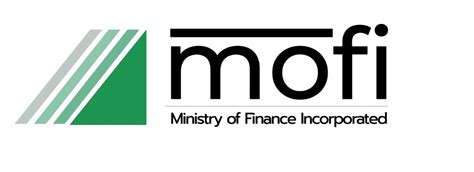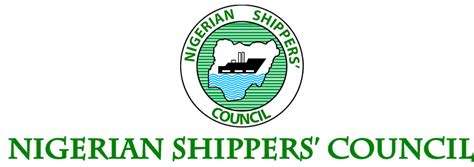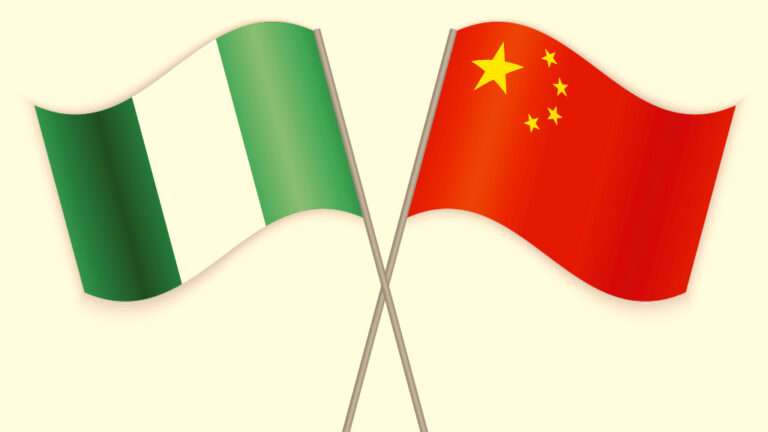The Federal Government’s investment assets, valued at N38.3 trillion, are currently undergoing a comprehensive audit and governance reform aimed at enhancing transparency, accountability, and effective performance of public enterprises.
This was disclosed by the Chief Executive Officer of the Ministry of Finance Incorporated (MOFI), Dr. Armstrong Takang, during the inauguration of the 2025 Guidelines on Corporate Governance by the Nigerian Communications Commission (NCC) in Lagos.
According to Takang, Nigeria has lacked a clear and credible record of its public assets for decades, resulting in waste, underperformance, and the collapse of formerly strategic enterprises.
“For many years, we simply did not know what the government owned, where those assets were located, or how they were performing. Most Nigerians couldn’t say with any certainty what the country owned,” he said.
Takang revealed that when MOFI commenced the reform process, government records reflected only N1.5 trillion in the value of public investment assets. However, a more detailed assessment of just 20 of those entities revealed a staggering N38.3 trillion in net asset value.
Despite the significant national investments, many government-owned enterprises have failed to deliver returns, with some not paying dividends in decades, while others were abandoned or operating far below capacity.
Takang attributed the long-standing failures to poor corporate governance, emphasizing that a lack of transparency, accountability, and proper management structures plagued state-owned enterprises for years.
To address these issues, MOFI is developing a comprehensive national asset registry that will provide a single-window view of all federal government investment assets. The registry will capture details including what is owned, where it is located, its financial value, who manages it, and how well it is performing.
MOFI has also launched a corporate governance scorecard to evaluate the performance of state-owned enterprises across key indicators, including transparency, dividend payments, capital growth, liquidity, and community impact.
Takang emphasized the strategic importance of corporate governance in building a robust economy, stating that Nigeria must move beyond outdated management practices and embrace global best standards.
“If we want to become a one trillion-dollar economy, we cannot continue to act like we are in the third division. We must behave like those who belong in the premier league with discipline, structure, and accountability,” he declared.
The MOFI CEO stressed that government assets should only be divested after they have matured into successful, self-sustaining ventures, not because they have failed.
Strong institutions, good governance, and effective asset management are fundamental to achieving economic growth, creating jobs, and instilling national pride, Takang concluded.




